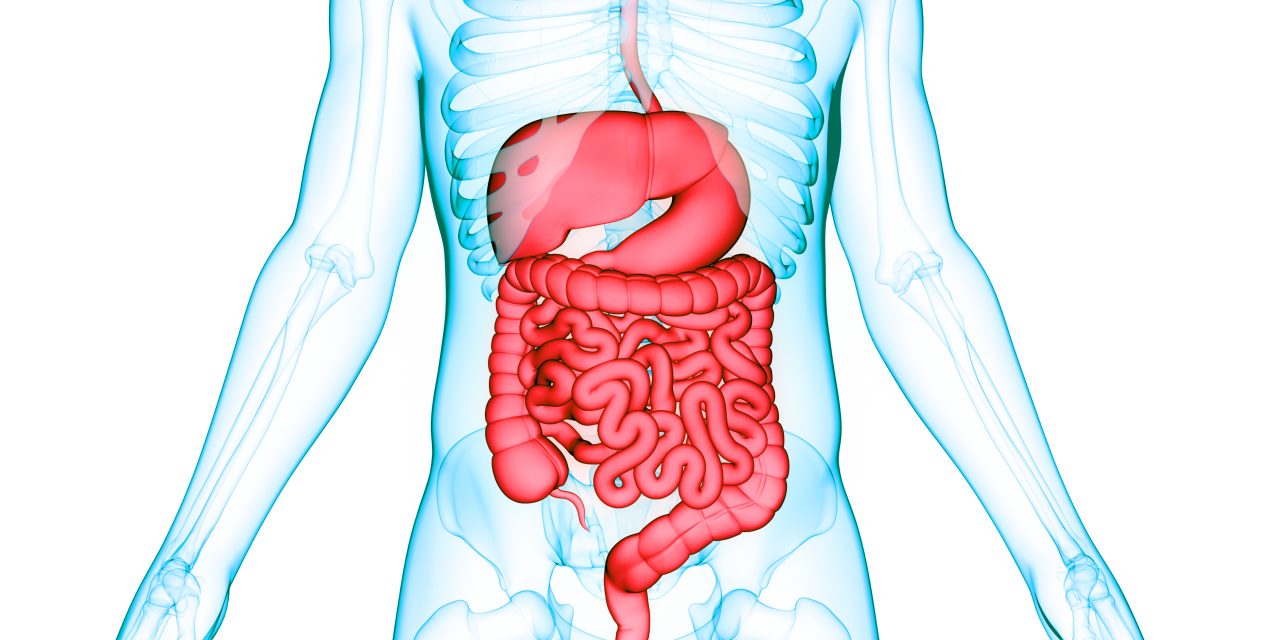Biliary atresia (BA) is a progressive type of newborn liver disease that generally necessitates hepatoportoenterostomy (HPE). Cholangitis is a frequent consequence of HPE, although information on which people are at risk for this condition is sparse. The study’s goal was to identify risk variables for cholangitis in a large retrospective cohort following HPE. From 2004 to 2013, the Pediatric Health Information System (PHIS) was used for BA and HPE admissions. Univariate analysis and linear regression of ±2 or +5 cholangitis dependent variables, and independent age variables of HPE, race, ethnicity, gender, insurance, ursodeoxycholic acid (UDCA) usage, steroid use, esophageal varicose vein presence (EV), Portals hypertension. performed. Multiple regression analysis revealed that black race and the existence of PH were linked to an increased risk of two bouts of cholangitis, whereas HPE at >90 days was linked to a lower risk. Asian race, public insurance, EV, and PH were among those with 5 episodes associated with higher risk.
Complications such as cholangitis continue to be a prevalent concern for patients following HPE, with a median of two bouts within two years. Cholangitis is related with portal hypertension, but age at HPE of >90 days is associated with a reduced incidence. Recurrent cholangitis is more common in Asians, those with public insurance, and those with portal hypertension.


